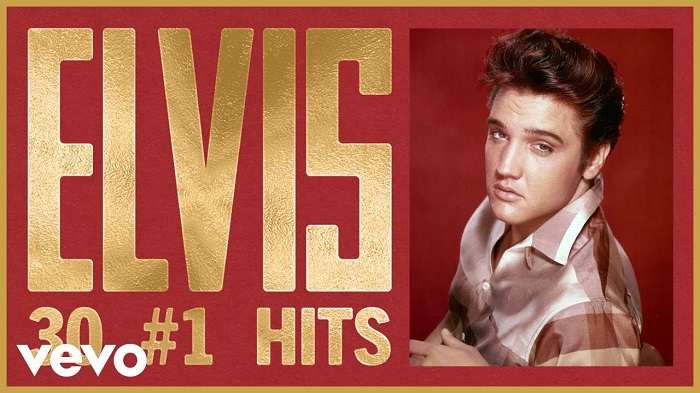Few songs have touched hearts and stood the test of time like “I Can’t Help Falling in Love with You.” From romantic serenades to wedding aisles, this emotionally rich ballad continues to resonate with listeners of all ages. In this article, we’ll explore the origins of the song, its impact on pop culture, notable covers, and why it remains one of the most beloved love songs of all time.
The Origins of “I Can’t Help Falling in Love with You”

Originally recorded by Elvis Presley in 1961, “I Can’t Help Falling in Love with You” made its debut in the film Blue Hawaii. The melody is adapted from the 18th-century French song “Plaisir d’amour.” Written by:
-
Hugo Peretti
-
George David Weiss
This classic ballad quickly became one of Presley’s most iconic songs, marking a defining moment in his musical career.
Lyrics That Speak to the Soul
The simplicity and sincerity of the lyrics are what make this song so universally relatable. The opening line:
“Wise men say, only fools rush in…”
…immediately evokes emotion and sets the tone for a heartfelt confession of love.
Why the Lyrics Resonate
-
Timeless theme of falling in love
-
Emotional vulnerability expressed with elegance
-
Minimalistic, yet deeply poetic
Whether it’s played during a first dance or sung during a quiet moment of reflection, the lyrics seem to speak directly to the listener’s heart.
Impact on Pop Culture
Since its release, the song has been featured in numerous films, commercials, and television shows. Its cinematic appeal and emotional depth make it a popular choice for romantic scenes.
Notable Appearances Include:
-
Lilo & Stitch (Disney, 2002)
-
Like Crazy (2011)
-
Various wedding scenes in popular dramas and comedies
Famous Covers Through the Years
Many artists have covered “I Can’t Help Falling in Love with You,” each bringing their own unique style to the timeless melody. Some of the most notable renditions include:
-
UB40 (1993) – A reggae-pop version that topped charts globally
-
Andrea Bocelli – A classical, operatic version that adds grandeur
-
Twenty One Pilots – A modern, stripped-down version with indie vibes
-
Kina Grannis – An acoustic version featured in Crazy Rich Asians
Why So Many Covers?
-
Universality of the message
-
Adaptable melody for various genres
-
Emotional accessibility for different vocal styles
Symbol of Romance Across Generations
“I Can’t Help Falling in Love with You” has become a staple at:
-
Weddings
-
Anniversaries
-
Proposals
-
Valentine’s Day playlists
Its soft tempo and intimate tone make it ideal for expressing heartfelt emotions without saying too much.
Emotional Psychology Behind the Song
Why do people feel so connected to this song? Music psychologists suggest:
-
Slow rhythm mimics the human heartbeat during calm emotional states
-
Chord progression creates a soothing, nostalgic feeling
-
Lyrics trigger romantic memories and emotional bonding
Fun Facts About the Song
Here are some lesser-known facts to deepen your appreciation of this classic:
-
The original recording featured a harp, adding a soft romantic layer.
-
It was Elvis Presley’s closing song at most of his live performances in the 1970s.
-
UB40’s version was featured in the movie Sliver (1993), boosting its popularity.
-
The original song was recorded in just one take.
In an age where music is often fleeting and fast-paced, “I Can’t Help Falling in Love with You” reminds us of the enduring power of simplicity and emotional honesty. Whether you’re a hopeless romantic or just someone who appreciates good music, this song continues to offer:
-
Comfort in its familiarity
-
Beauty in its arrangement
-
Hope in its message of love
Frequently Asked Questions (FAQs)
Who originally sang “I Can’t Help Falling in Love with You”?
Elvis Presley was the first to record and popularize the song in 1961.
Why is the song so popular at weddings?
Its romantic lyrics and gentle melody make it perfect for first dances and ceremonies.
What genre is the song?
Originally a pop ballad with classical influences; it has since been covered in many genres including reggae, acoustic, and indie.
Has the song won any awards?
While the song itself didn’t win major awards at the time, its popularity and cultural impact have solidified it as a timeless classic.







